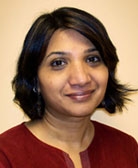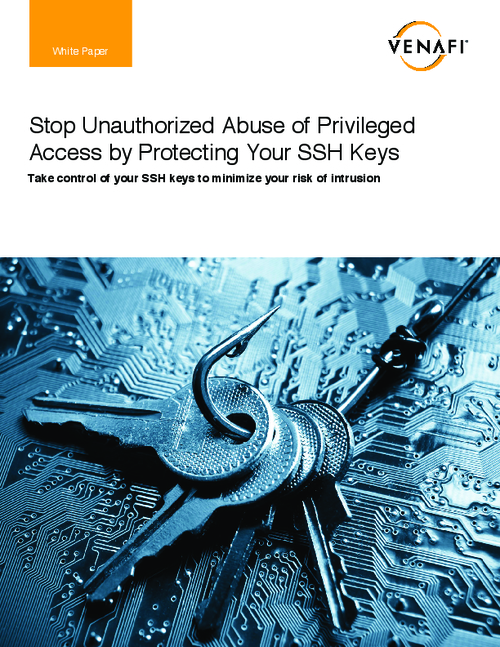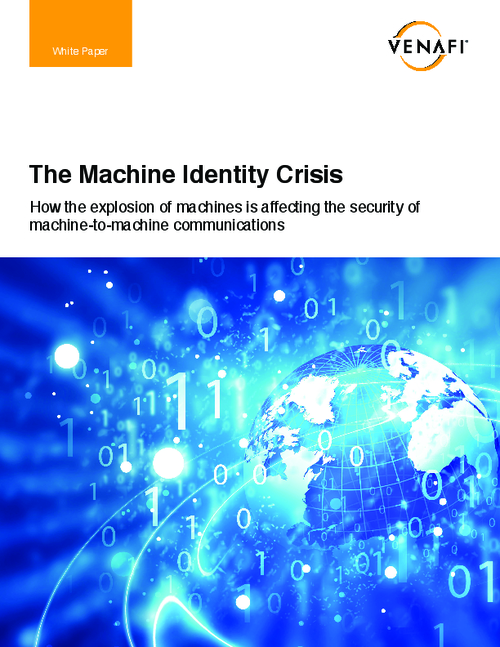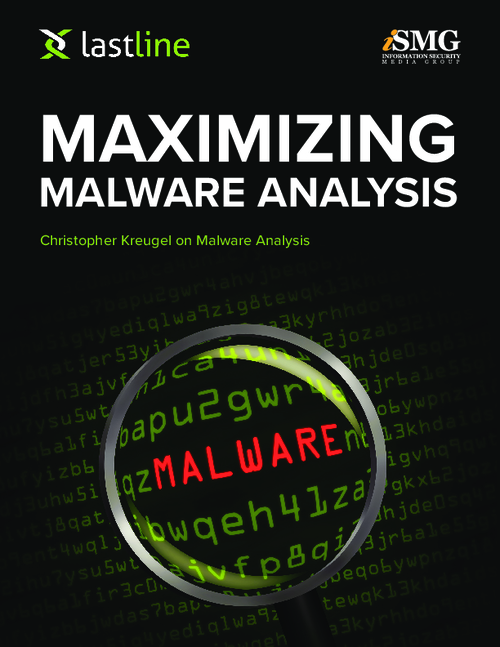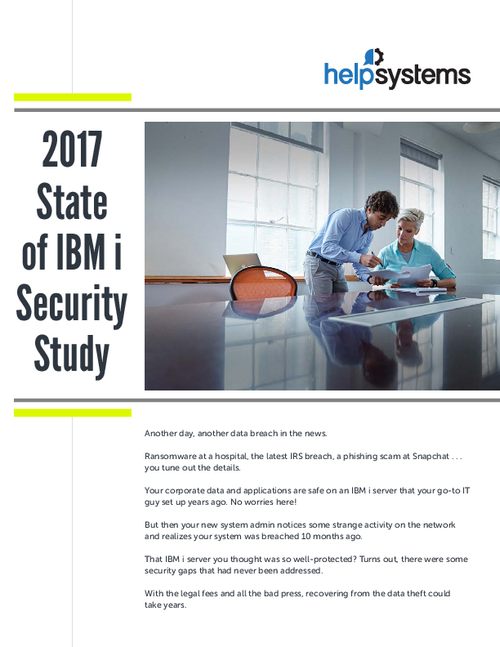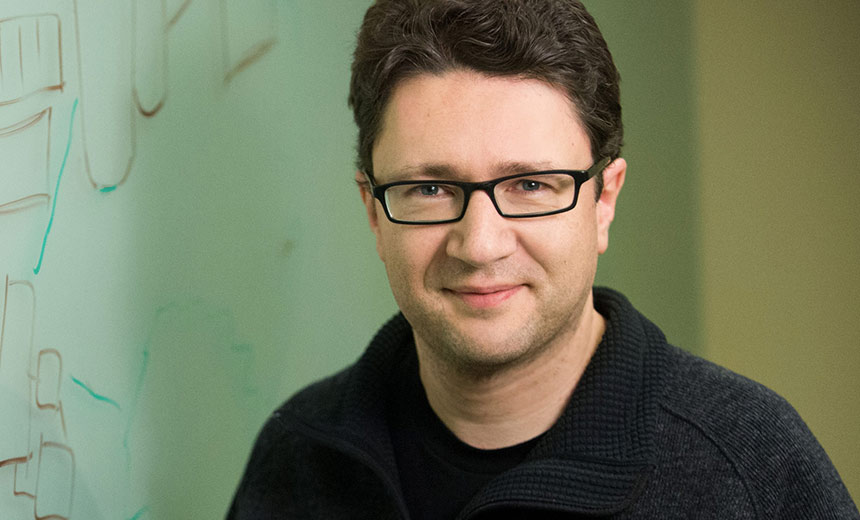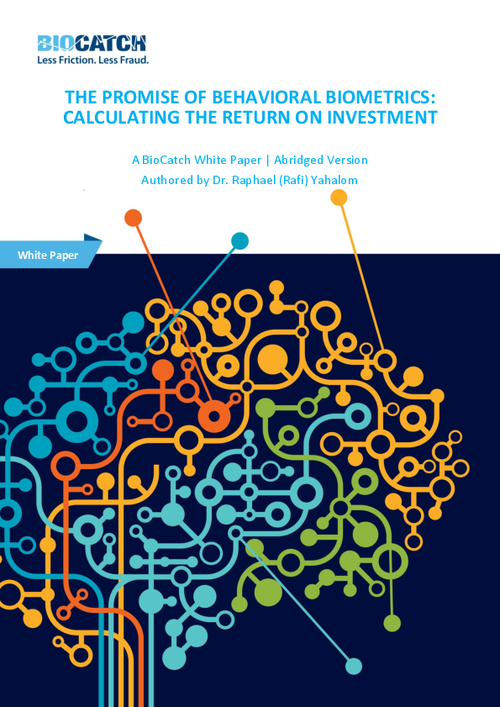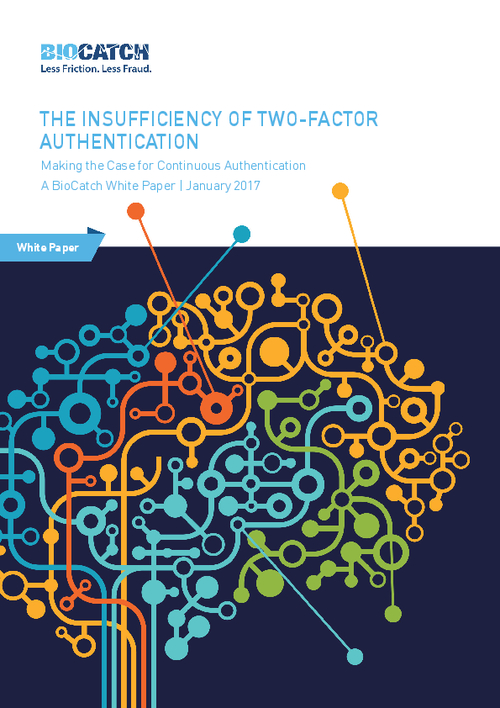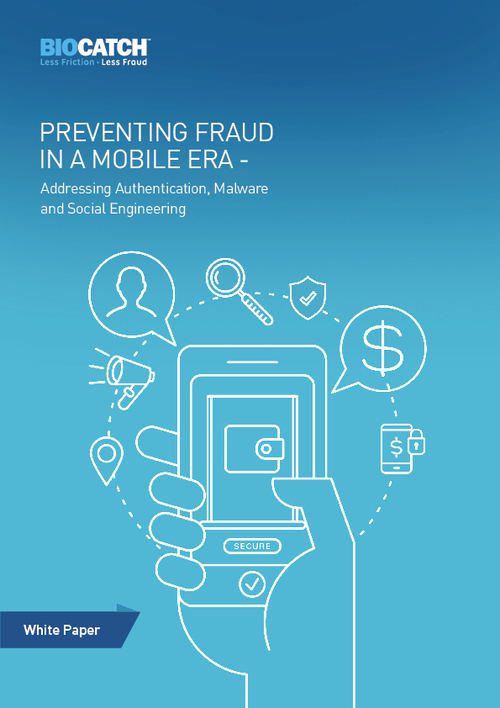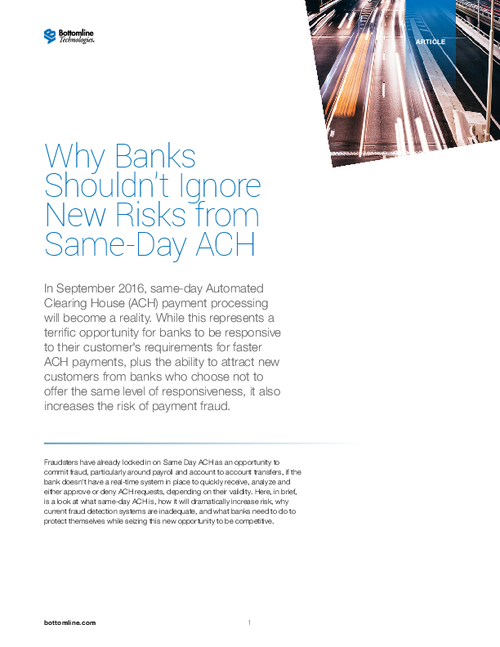How to Become an Expert Witness
Advice on Developing Skills, Finding Opportunities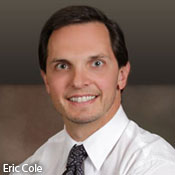
For the last five years, Eric Cole, an information security consultant, has served as an expert witness in cases involving patent litigation. The role, he says, amounts to serving as a translator of technical jargon.
"You have a judge and a jury who really don't understand technology," says Cole, a SANS Institute faculty fellow and founder of the network security consultancy Secure Anchor Consulting. "So you need to bridge the gap from the technical terms and relate what happened and translate in every day English language for them to make an appropriate call on the case."
See Also: Oh, RATs! Current Fraud Detection Doesn't Catch Remote Access Trojans
Cole says information security professionals who can explain difficult technical subjects in laymen's terms - and can handle confrontation, such as cross-examination on the witness stand - should consider seeking out expert witness opportunities, which can help them build credibility while earning extra income.
"The primary role of the expert witness is to be a reputable expert to whom the judge would listen because of his/her knowledge of the field," says Francoise Gilbert, privacy attorney and managing director of IT Law Group.
In addition to hiring technical experts to testify in court, attorneys also may hire experts to gain advice on the validity of claims against a company. But they'll usually limit direct interaction between the expert adviser and the company's technical team. "A lot of my interactions with the technical team is pretty much guided and run by the attorneys to ensure only specific information is given," says Matthew Curtin, founder of Interhack Corporation, a consultancy providing digital forensics, eDiscovery and litigation services.Starting a Career
Cole got his start as an expert witness when a patents attorney asked him for help in clarifying technical details in a case and then decided to use him as a witness at a trial.
"The challenge to get started is having someone give you a chance," Cole says ."I was lucky to be working on patents and interacting with patent attorneys - it was easier for them to trust me, and they gave me a chance to be an expert witness."
Cole advises information security professionals who want to serve as an expert witness to first build on their education, experience and training. "Skills, qualification and level of expertise in a particular area are what makes an expert witness attractive to an attorney," he says.
One way to market yourself as an expert witness, Curtin says, is to create a personal website. He suggests security professionals also get listings on expert witness directories, such as SEAK Inc and JurisPro. And he recommends those seeking expert witness opportunities participate in niche roundtables, LinkedIn groups and job boards such as Expert Witness Jobs, which can help connect them with litigators who offer job opportunities.
Those who succeed in scoring an expert witness job can expect to earn as much as $500 to $1,000 per hour for their services, but the work is not guaranteed.
Specialized Skills
Security professionals who want to serve as expert witnesses must be certain they have top-notch communication skills.
Expert witnesses can be effective "only if they can convert the courtroom into a classroom," Curtin says. "To be successful they need to approach their role as a teacher."
Paul Tombleson, a senior forensic accountant and practitioner at the consultancy KPMG in the UK, stresses: "Interpreting the baffling language for the court and jury is the single most important skill needed by an expert witness. It is a very specialized skill, so either individuals have a natural flair for it or not."
Professionals who lack this kind of communication skill can develop it by taking up part-time teaching positions either at local colleges or as a volunteer within their organizations. "Teaching will help them to simplify their language and become more articulate," Tombleson says.
Expert witnesses also need strong analytical skills. "If you just know the technology, but you don't understand the weaknesses and vulnerabilities in a system and how that can be exploited, you cannot be as effective in explaining what really occurred," Cole says.
Grace Under Pressure
Expert witnesses need to be thick skinned as well. That's because the other side in the case, usually relying on its own expert witnesses, will focus on discrediting the information presented.
"You are generally going head-to-head with another experienced expert of the opposing party so you need to be sure of your facts - and your articulation skills," Tombleson says. Expert witnesses must be well-prepared to be cross-examined by attorneys who will "look for any sign of weaknesses to immediately declare your testimony invalid," he adds.
Cole says a major challenge for expert witnesses, is staying focused. "When you are an expert witness, you need to be clear and concise. If someone asks you a 'yes' or 'no' question, you give them a "yes" and 'no' answer; you don't say 'yes but...' Anything additional you say can potentially hurt or damage you."
Despite the challenges, experts say demand for expert witnesses is growing because of an upward trend in IT security incidents, malicious attacks, data loss and litigation. "The role of expert witness will only become more critical as our dependency on electronic data increases," Cole says.

